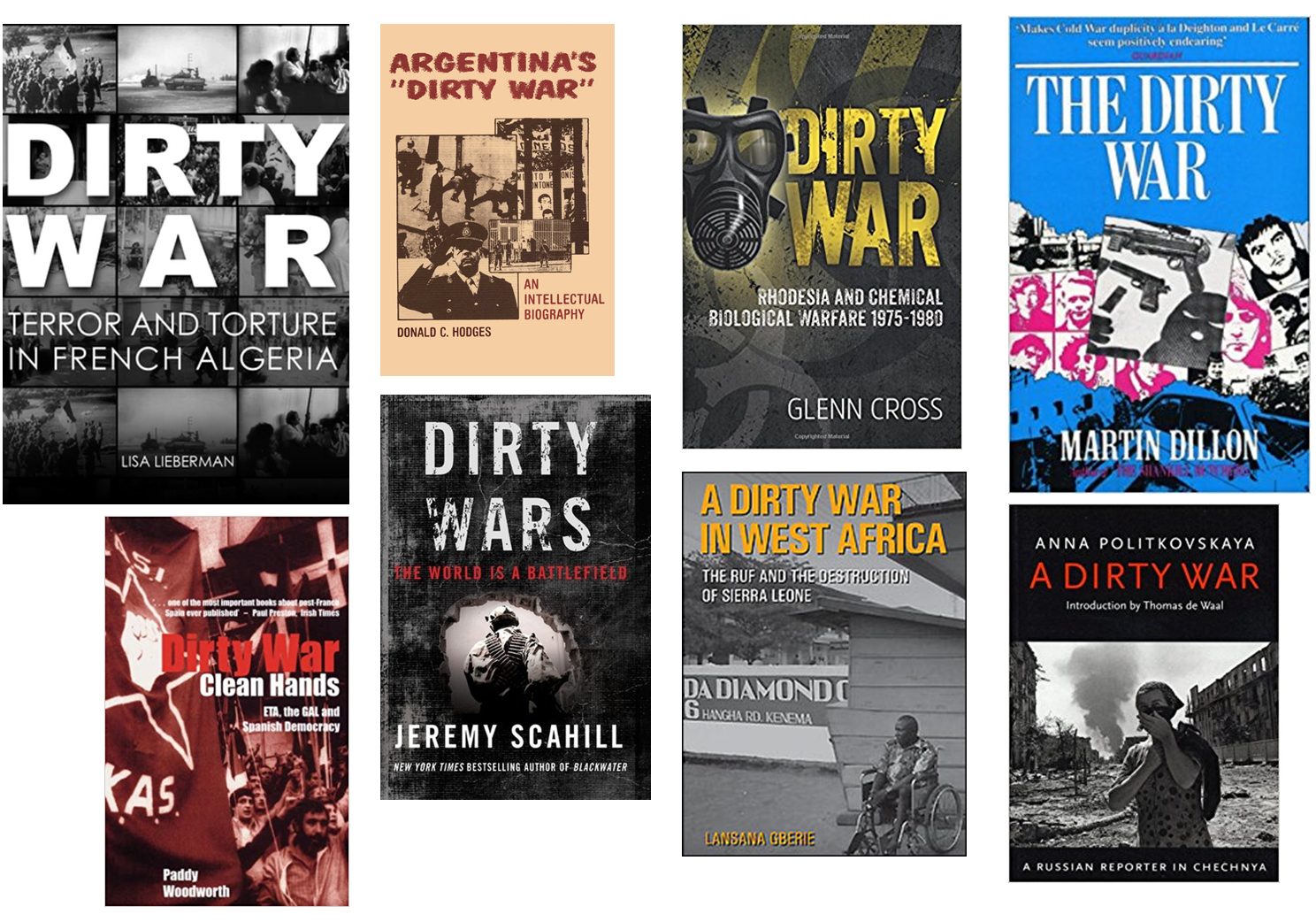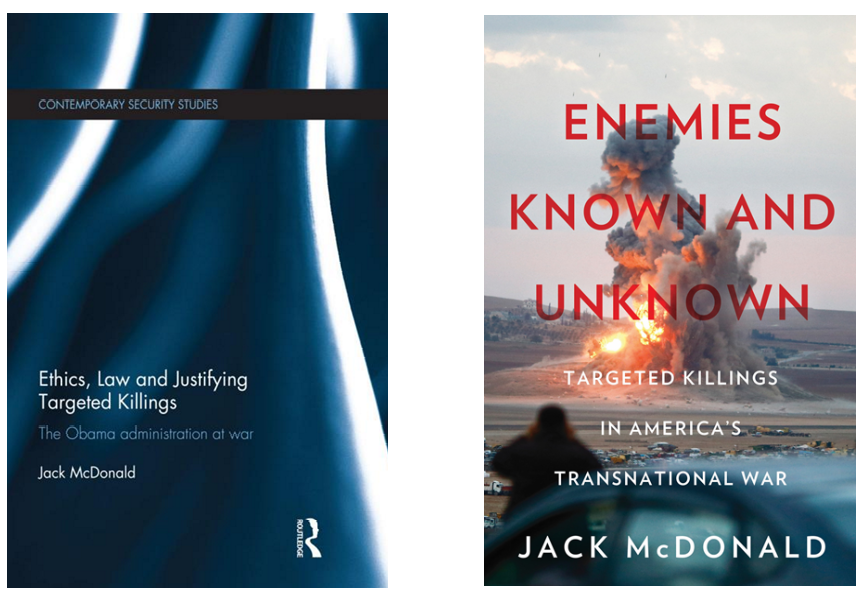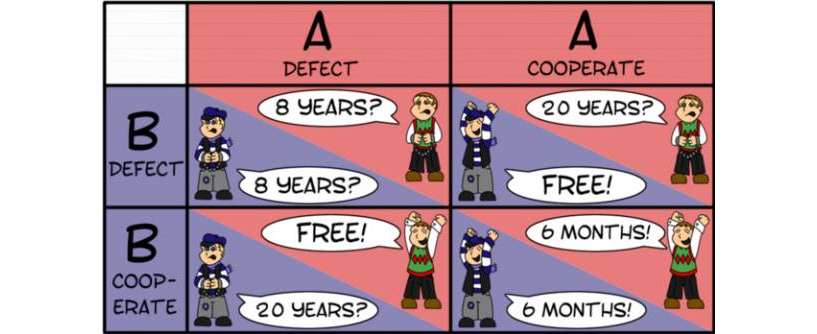class: center, middle, inverse, title-slide # Dirty Wars and Denials of Status, ## or, What is this Course About? ### Jack McDonald ### 2019-09-27 --- # Outline - Admin and Boring Stuff - Dirty Wars - What This Course Is About - Dirty Wars, Revisited ??? Hi, here is where I'm going to give you the books to read for this slide --- class: inverse # Part 1: Admin ??? --- # How to Ace this Module - Turn up, tune in, engage - Apply the theories/debates from your core module to this course - Read prior to classes - Leave 1 week to edit your assessed work before submission - Read the "Reading" chapter in the handbook - Read up on the basic concepts asap - Pick a perspective, read the suggested book when you can - Read the "Case Studies" chapter in the handbook - Familiarise yourself with the case studies asap - Pick _one_ case study to read in depth - Avoid topics in assessments that you might want to do for your dissertation - If you commit plagiarism, I cannot help you - Read the official student handbook - If in doubt, ask prior to submission of work - Never cut and paste anything into a document ??? --- # Learning Expectations .large[ My starting premise is that everyone here is an adult, and here to learn. That said, there are a few rules:] .pull-left[ - Turn up to all lectures and seminars, or let me know if you can't attend - If you have a question about the course, please check the handbook first - Be excellent to each other* ] .pull-right[  .small[ *This course may feature pop-culture references that indicate I am no longer "down with the kids" ] ] ??? --- class: inverse # Discussion Slides - You will see a lot of slides like this during lectures - This indicates a group discussion - About 7-8 minutes discussing your thoughts/answers in a group of 4-6 people - Whole class discussion follows for another 5-10 minutes - If your entire group agrees at any point: what is the strongest argument against your consensus? ??? --- class: inverse # Small Group Discussion .question[ Where does your understanding of what war _is_ come from? Can you categorise your sources of understanding? ] ??? --- class: inverse # Part 2: Dirty War ??? --- # What is a "Dirty War"? .pull-left[ Widely-used to describe huge variety of conflicts and wars .medium[ > ...dirty war can be defined as a systematic campaign of violence directed against a portion of the civil populace where the perpetrators aim to conceal both the extent of the violence and the true extent of their involvement for the primary purpose of creating fear for political purposes. M.L.R. Smith and Sophie Roberts, _War in the Gray_ ] ] .pull-right[  ] ??? --- # War or Political Repression? .pull-left[ .medium[ > War therefore is an act of violence to compel our opponent to fulfil our will. > ...war is simply a continuation of political intercourse, with the addition of other means. Carl von Clausewitz, _On War_ (Trans: Jolles) ] ] .pull-right[ .small[ > Political repression consists of government action which grossly discriminates against persons or organizations viewed as presenting a fundamental challenge to existing power relationships or key governmental politicies, because of their perceived political beliefs. Robert J. Goldstein, _Political Repression in Modern America_ > Political repression is the use or threat of coercion in varying degrees applied by government against opponents or potential opponents to weaken their resistance to the will of the authorities. Conway W. Henderson, _Conditions Affecting the Use of Political Repression_ ] ] ??? Goldstein quote, p.xxviii Conway quote p.121 https://www.jstor.org/stable/174207?read-now=1&seq=1#page_scan_tab_contents --- # Taking a Step Back: What is War? .pull-left[ .medium[ > What we tend to perceive as war… is, in fact, a specific phenomenon which took shape in Europe somewhere between the fifteenth and eighteenth centuries Mary Kaldor, _New and Old Wars_ > [war] is always an expression of culture, often a determinant of cultural forms, in some societies the culture itself John Keegan, _A History of Warfare_ ] ] .pull-right[ .medium[ > contemporary "strategic" thought... is fundamentally flawed; and, in addition, is rooted in a "Clausewitzian" world-picture that is either obsolete or wrong. We are entering an era... of warfare between ethnic and religious groups... In the future, war will not be waged by armies but by groups whom we today call terrorists, guerrillas, bandits, and robbers, but who will undoubtedly hit on more formal titles to describe themselves. Martin van Creveld, _The Transformation of War_ ] ] ??? Old New Wars, MVC Oxford CCW Nature/character CWS ??? --- # Dirty War: A Description .left-column[ .medium[ Dirty war as "strategic practice" No formal declaration of hostilities "Rule by law" Distinction between combatant/non-combatant not observed Internal conflict ] ] .right-column[ .medium[ > ...dirty war is the logical expression of certain forms of intelligence-related activities, which occur in conditions where a political actor seeks to deal with threats, real or imagined, that are believed to represent an extreme threat to established authority. M.L.R. Smith and Sophie Roberts, _War in the Gray_ > ...dirty war can be defined as a systematic campaign of violence directed against a portion of the civil populace where the perpetrators aim to conceal both the extent of the violence and the true extent of their involvement for the primary purpose of creating fear for political purposes. M.L.R. Smith and Sophie Roberts, _War in the Gray_ ] ] ??? --- class: inverse # Part 3: What This Course is About ??? --- # Where This Course Comes from .pull-left[  ] .pull-right[ .medium[ How and why did the Obama administration start justifying American targeted killings? How do ideas about law and war constitute war and warfare? Bridging both: Who gets to determine that a war does, or does not, exist? Bridging both: How do we make sense of multiple overlapping identities and categories of status in war and armed conflict? ] ] ??? Four Perspectives - War - National Security - Ideas - Underlying Dillemmas and so on --- # Hard Problems and Harsh Choices .pull-left[ > Our policies are peaceful, but our methods can't afford to be less ruthless than those of the opposition, can they? ...You can't be less wicked than your enemies simply because your government's policy is benevolent, can you? Control, _The Spy Who Came in from the Cold_ (1965) ] .pull-right[  ] ??? --- # As Above, So Below .pull-left[   ] .pull-right[ > That system is our enemy. But when you're inside, you look around, what do you see? Businessmen, teachers, lawyers, carpenters. The very minds of the people we are trying to save. But until we do, these people are still a part of that system and that makes them our enemy. Morpheus, _The Matrix_ (1999)] ??? --- # Baldrick's Question .pull-left[ .medium[ > The thing is: The way I see it, these days there's a war on, right? and, ages ago, there wasn't a war on, right? So, there must have been a moment when there not being a war on went away, right? and there being a war on came along. So, what I want to know is: How did we get from the one case of affairs to the other case of affairs? Baldrick, _Blackadder Goes Forth: Goodbyee_ ] ] -- .pull-right[ Key issue for this course: How important is the study of small wars, "grey-zone" conflicts, state terrorism, and violent political repression to the study of war itself? - What is war? - How can anyone tell that a war exists? - What happens when people disagree that a war exists? - When do people care that a war exists, or existed? ] ??? --- # Ozymandias & Oppenheimer .pull-left[ .small[ > 'My name is Ozymandias, king of kings; Look on my works, ye Mighty, and despair!' Nothing beside remains. Round the decay Of that colossal wreck, boundless and bare The lone and level sands stretch far away. Percy Bysshe Shelley, _Ozymandias_ > We knew the world would not be the same. A few people laughed, a few people cried, most people were silent. I remembered the line from the Hindu scripture, the Bhagavad-Gita: Vishnu... says, "Now I am become Death, the destroyer of worlds." I suppose we all thought that, one way or another. Robert Oppenheimer ] ] -- .pull-right[ Key issue for this course: To what extent are objective evaluations of security, survival, and necessity possible? - Why is survival important? - As an _X_, how can I know what my chances of survival are? - Why would anyone roll the dice under these circumstances? - Is survival a scale-free concept? ] ??? Full poem: I met a traveller from an antique land Who said- Two vast and trunkless legs of stone Stand in the desert... near them, on the sand, Half sunk, a shattered visage lies, whose frown, And wrinkled lip, and sneer of cold command, Tell that its sculptor well those passions read Which yet survive, stamped on these lifeless things, The hand that mocked them and the heart that fed; And on the pedestal these words appear: 'My name is Ozymandias, king of kings; Look on my works, ye Mighty, and despair!' Nothing beside remains. Round the decay Of that colossal wreck, boundless and bare The lone and level sands stretch far away. Percy Bysshe Shelley, _Ozymandias_ Full quote: We knew the world would not be the same. A few people laughed, a few people cried, most people were silent. I remembered the line from the Hindu scripture, the Bhagavad-Gita: Vishnu is trying to persuade the Prince that he should do his duty and, to impress him, takes on his multi-armed form and says, "Now I am become Death, the destroyer of worlds." I suppose we all thought that, one way or another. Robert Oppenheimer --- # The Travelling Salesman Goes to War .pull-left[   ] -- .pull-right[ Key issue for this course: To what extent are we ever able to re-capture the inherent uncertainty and ambiguity of war and political repression? - How do you decide, when you don't get to abstain? - What's the relationship between security, uncertainty, and ignorance? - How do polities know what they're doing? - What happens when security institutions disagree? ] ??? --- # The "Wrong Strategy" Fallacy .pull-left[ .medium[ > Perhaps the most common refrain in discussions of strategy is that _X_ is "the wrong strategy" or a "bad strategy". This is usually accompanied by an argument that _Y_ is in fact "the right strategy" or a "better strategy". There are variations upon this theme. Sometimes it's "the current strategy is not working" or something similar. Jack McDonald, _Some grouchy blog post I wrote_] ] -- .pull-right[ Key issue for this course: To what extent can the study of "marginal", covert, or proxy wars contribute to our understanding of war and strategy? - To what extent are polities and political groups strategic? - Why do polities and political groups use force? - How do we make sense of "non-obvious" war and warfare? - Why not kill them all, all the time? ] ??? --- # Everyday Damocles .pull-left[  ] -- .pull-right[ Key issue for this course: Is political enmity - and political repression - integral to political order? - Is politics a solveable problem? - What is the relationship between sovereign power and violence? - What is the right thing to do if your opponents resort to violence? - Can states avoid political repression? ] ??? --- # The Tragedy of Commonsense Violence .pull-left[  .medium[ > Let me here remind you that the essence of dramatic tragedy is not unhappiness. It resides in the solemnity of the remorseless working of things. Alfred North Whitehead ] ] -- .pull-right[ Key issue for this course: What role does justice play in war and political violence? - What is justice? - What happens when people disagree about justice? - Who, or what, are we obliged to consider? - What should I do when I'm not sure of _X_? ] ??? Garrett Hardin https://science.sciencemag.org/content/162/3859/1243 NB: Check for his sketchy politics - "The only way we can preserve and nurture other and more precious freedoms is by relinquishing the freedom to breed, and that very soon." --- # Clausewitz and the Grasshopper .pull-left[ .medium[ > War is nothing but a duel on a larger scale... Each tries by physical force to compel the other to do his will; his immediate object is to overthrow his adversary and thereby make him incapable of any further resistance. Carl von Clausewitz, _On War_ (Trans: Jolles) > playing a game is a voluntary attempt to overcome unnecessary obstacles. Bernard Suits, _The Grasshopper_ ] ] -- .pull-right[ Key issue for this course: How do different "rulesets" interact and constitute war? - Is it possible to cooperate with the people that you're trying to kill? - How do I know what set of rules apply? - What do you do when the other side doesn't follow the rules? - Do any rules apply to existential conflicts? ] ??? Suits quote p.43 also longer form - "To play a game is to attempt to achieve a specific state of affairs [prelusory goal], using only means permitted by rules [lusory means], where the rules prohibit use of more efficient in favour of less efficient means [constitutive rules], and where the rules are accepted just because they make possible such activity [lusory attitude]." --- class: inverse # Discussion Question .question[ Is the "War on Terror" a war? When did it start? ] ??? --- # Dirty War: My Description .pull-left[ .medium[ > Dirty wars are conflicts where one or more parties to the conflict denies the political, legal, and/or moral status of their opponents. Or: You are how you kill, and why you kill Or: Wars without cooperation, wars without respect It's not what you do and why, but where the expectations of conduct come from The importance of ideas: Explanations, justifications, excuses, denials, and silences ] ]